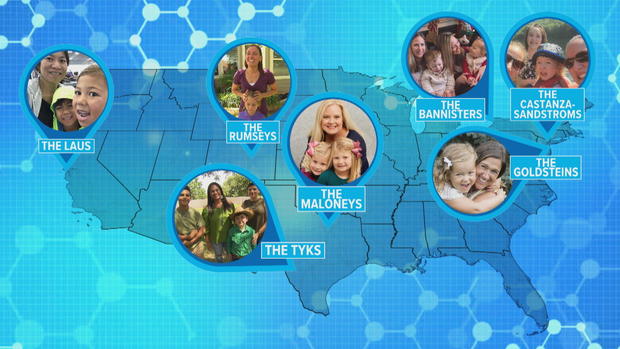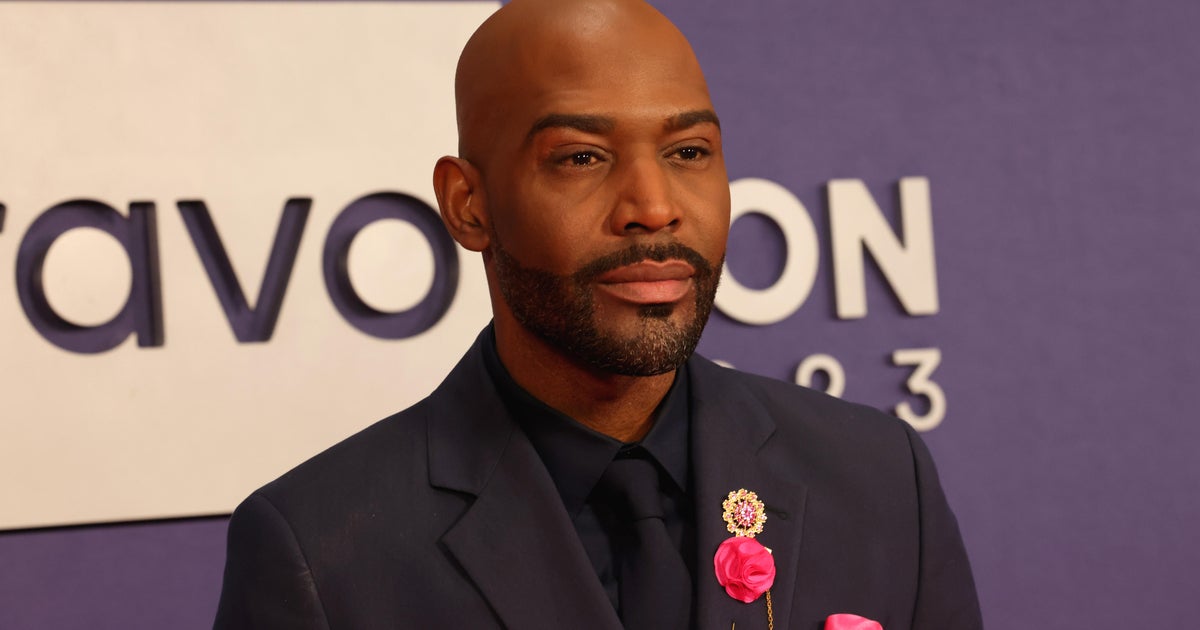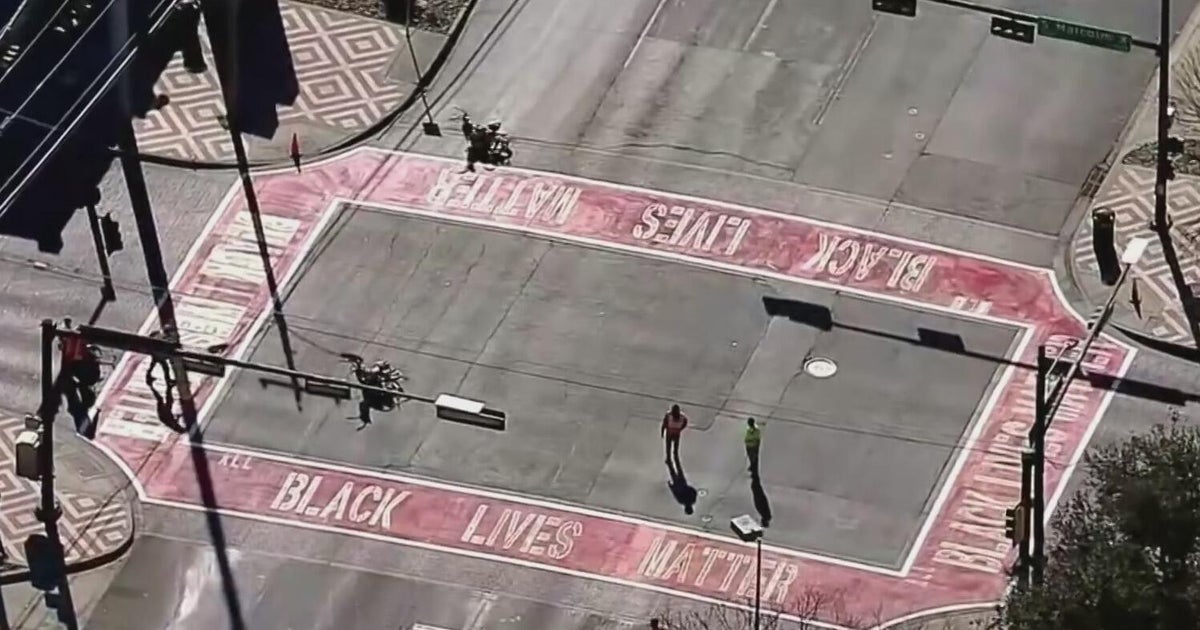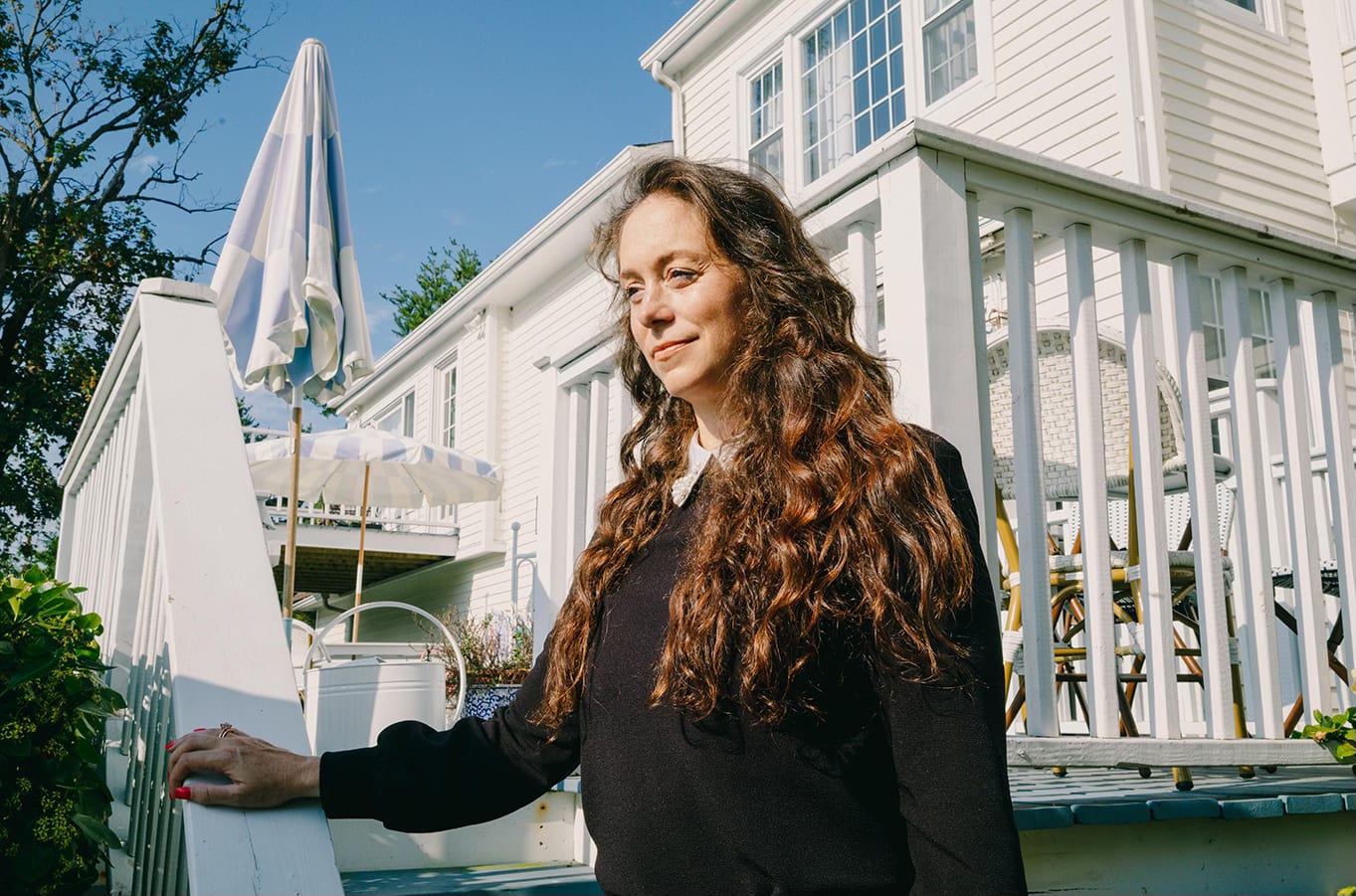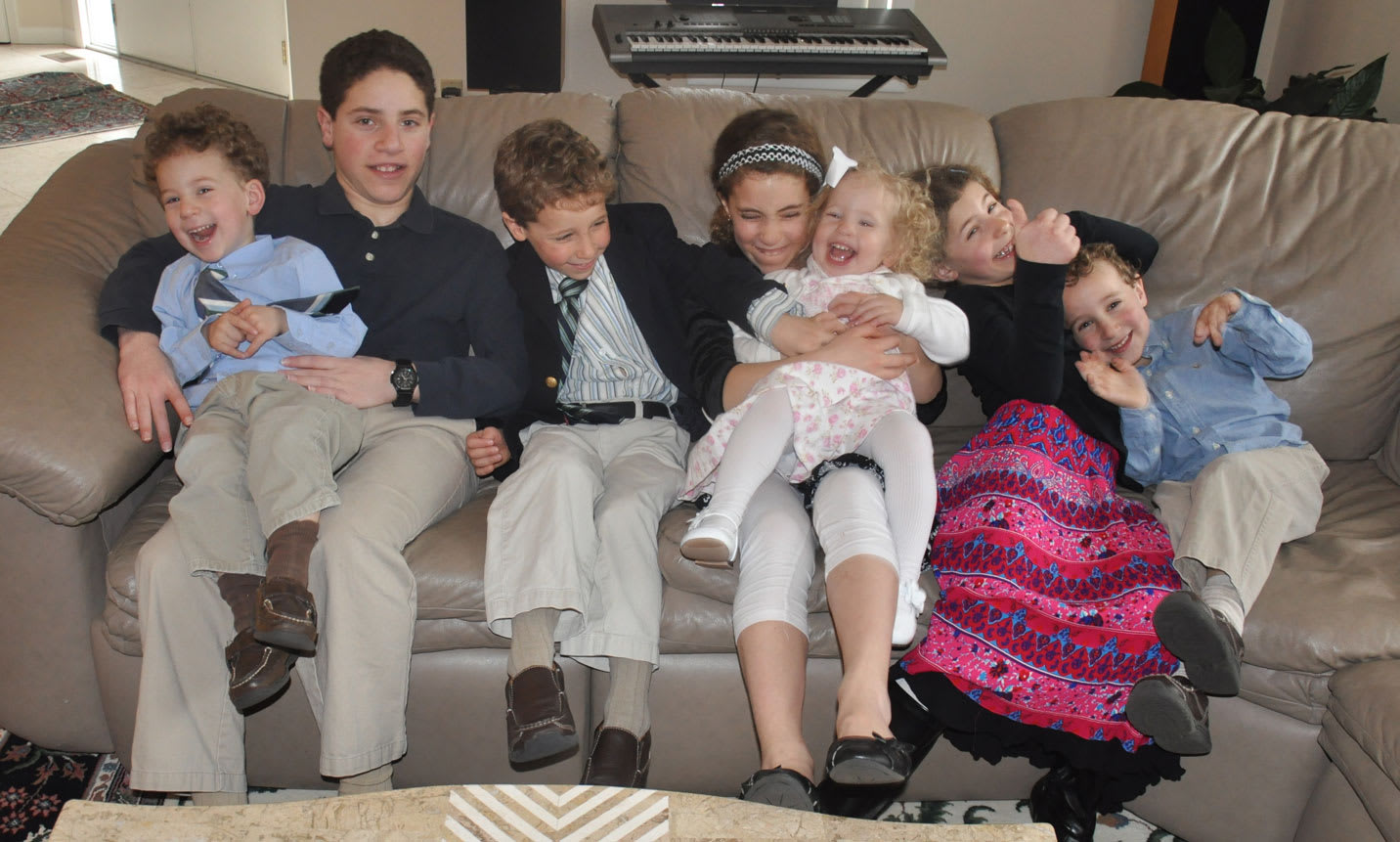Kids from different families share a special bond thanks to their donor father
Our series, A More Perfect Union, aims to show that what unites us as Americans is far greater than what divides us. In this installment, CBS News' Anna Werner introduces a group of families from five states across the country with a common bond. They all met in Austin, Texas, for an untraditional family reunion.
The Tyk's from Texas and the Lau's from California are prepping for their annual reunion. But in this "family," none of the adults are related: It's the kids who are all half-brothers or sisters. All 10 are genetically related, and have a special nickname.
"I'll usually say 'We're going to the dibling reunion,'" said Amanda Tyke.
They are "diblings," or donor siblings, because their parents, strangers originally, all chose the same sperm donor. He's a man single mom Tara Goldstein selected because she says at five foot four, she wanted someone "with height."
"I also wanted someone really good at math because that's not one of my strongest skill sets," Goldstein said.
She gave birth to Mollie in 2012, but soon realized her daughter would have no siblings.
"She was gonna be an only child and that made me a little sad... I knew that if I had a chance, if there was an opportunity to find some blood relatives, I didn't wanna deny her that opportunity," Goldstein said.
Then she visited the donor sibling registry, a website where parents can share information about their donors and found her daughter had half-siblings around the country. This extended family now includes two families from New York, one from New Jersey, two families from Texas, one in Colorado, and one in California.
"It began slowly, like, exchanging pictures and seeing how much the kids looked alike and it was just-- it-- it was uncanny," said Jamielyn Siergiej.
Now the parents bring their 10 children, in ages ranging from 3 to 5, together every year.
"So do you see things from your kids to the other kids, you go, 'Oh, that's so similar,'" Werner asked.
"Oh yeah, personality traits," Siergiej. "You see some of them are so different, but they're so much the same."
Siergiej says that natural kinship has been crucial for her 5-year-old son Michael, who has autism.
"He doesn't always connect well with other kids. He's the brightest little boy in the world but he just has that connection issue," Siergiej said.
Yet he found an immediate connection with his half-brother from across the country, 5-year-old Mason.
"That's a brother bond, that's not a friend bond," Siergiej said.
"So what's it done for the two of you to have this?" Werner asked.
"It definitely gives you a peace of mind... anything he has towards maybe having two moms or going without a dad... he'll have these other nine children to have his back," Cristin Tyke said.
Today, the bond has become more than biological for these families that started off separated but became one.
"I just feel that it's really important for families like ours to kind of be proud of what we've done," Tara Goldstein said. "It's not perfect, but it's love."
The donor sibling registry that the families used to connect has more than 60,000 members. These siblings have an open donor, which means when they turn 18, they can contact him if they choose.
